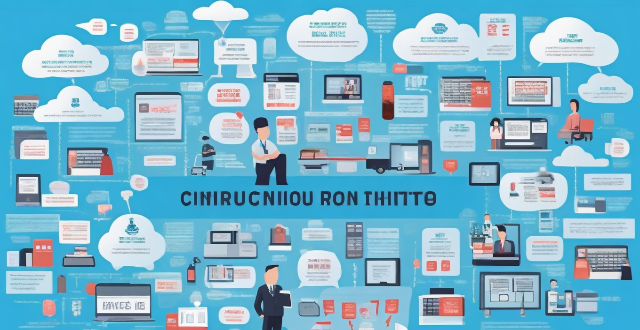Implementing circular economy policies is a complex process that countries face numerous challenges. These include lack of awareness and understanding, economic and industrial structure, legal and regulatory framework, market conditions and business practices, as well as social and cultural factors. Addressing these challenges is crucial for the successful implementation of circular economy policies, which can bring significant environmental and socioeconomic benefits.

Challenges in Implementing Circular Economy Policies
Implementing circular economy policies is a complex process that countries face numerous challenges. Here are some of the key challenges:
Lack of Awareness and Understanding
Limited Public Awareness
- General Public: Many people are not aware of what a circular economy is and how it can benefit society and the environment.
- Businesses: Small and medium-sized enterprises (SMEs) may lack knowledge about the concept and its potential advantages.
Insufficient Government Understanding
- Policy Makers: Some policymakers may not fully understand the principles and benefits of a circular economy.
- Economic Implications: There might be concerns about the economic impact of transitioning to a circular economy model.
Economic and Industrial Structure
Dependence on Linear Economy
- Extraction and Production: Countries heavily reliant on extractive industries may find it challenging to shift towards renewable resources and recycling.
- Consumer Culture: Societies with strong consumerist cultures may struggle to adopt sustainable consumption patterns.
Investment in Infrastructure
- Recycling Facilities: Significant investments are needed to develop adequate recycling and waste management infrastructure.
- Technology and Innovation: Encouragement of research and development for circular economy solutions requires financial support and incentives.
Legal and Regulatory Framework
Weak Legislation
- Existing Laws: Current laws may not support or may even hinder the implementation of circular economy practices.
- Enforcement: Even with supportive legislation, enforcement can be lax or ineffective due to lack of resources or political will.
Taxation and Subsidies
- Perverse Incentives: Tax systems and subsidies may favor linear economy practices over circular ones.
- Transitional Measures: Temporary measures might be needed to smooth the transition and alleviate potential economic disruptions.
Market Conditions and Business Practices
Market Barriers
- Access to Finance: SMEs and start-ups working on circular solutions often face difficulties in securing funding.
- Market Demand: Without sufficient demand for recycled products, businesses may be hesitant to invest in recycling technologies.
Resistance to Change
- Established Practices: Companies with established linear production methods may resist changing their processes.
- Supply Chains: Reconfiguring supply chains to accommodate circular principles can be complicated and costly.
Social and Cultural Factors
Education and Training
- Skill Gaps: Workers may require new skills to adapt to circular economy jobs, necessitating retraining programs.
- Education System: Integrating circular economy concepts into education can help prepare future generations for this new paradigm.
Cultural Shift
- Consumer Behavior: Altering deep-rooted consumer behaviors towards more sustainable choices can take time.
- Community Engagement: Engaging local communities in circular projects can help raise awareness and foster acceptance.
In conclusion, while the transition to a circular economy offers significant environmental and socioeconomic benefits, countries must address these multifaceted challenges to successfully implement such policies.